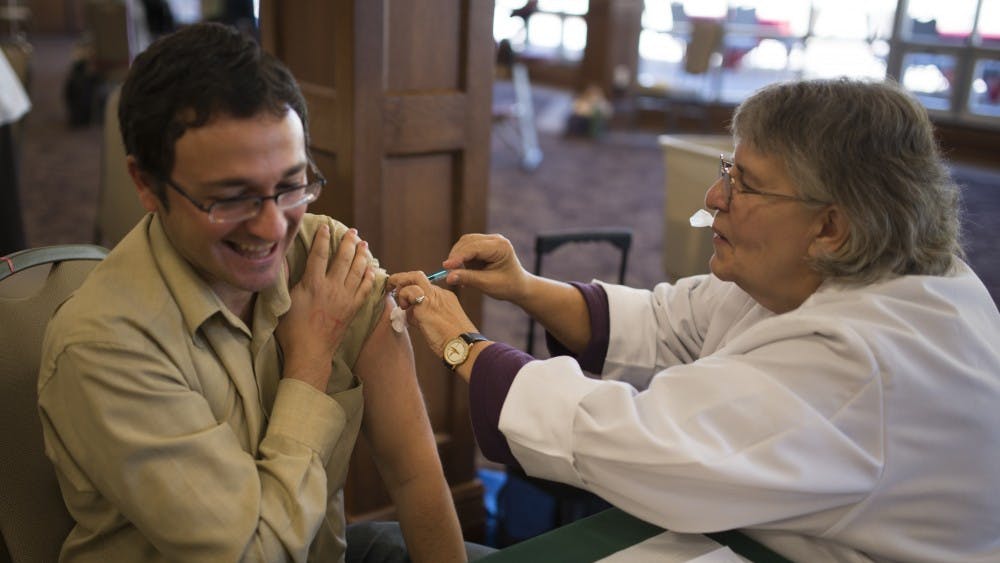Question: I have a problem that has been bothering me for a very long time and I am a bit shy about going to a gynecologist. I am a twenty two year old virgin, who cannot have sex even when I tried to a couple of times. I know it is unbelievable but it is true. The last time I tried to have sex I bled a lot, the poor guy couldn’t penetrate me. Then we decided to try again the next morning and the same thing happened, I still bled a lot and he still couldn’t penetrate me. I am beginning to thing something is not right. Can you give me any advice, anything at all would be welcome.\nAnswer: While you may feel like you are the only woman in the world to experience difficulty with penetration, let me reassure you that this is far from true: as such, it is not at all “unbelievable” that you would have this experience. In fact, we hear from women of all ages who have experienced similar difficulty with penetration. Sometimes women find that it is only penile-vaginal penetration that feels painful, difficult or impossible. Other times, women will say that they can’t comfortably bear other forms of penetration such as a gyn exam or the insertion of a tampon.\nJust as there are many experiences of difficulties with penetration, there are also many causes. Sometimes the hymen (a thin layer of tissue that partially covers the vaginal entrance in girls, and is present from before birth) is too thick or covers too much of the vaginal entrance to make sex feel comfortable or even possible. Other times women have a vulvovaginal pain condition that causes the difficulty with penetration. Still, other women experience painful or difficult penetration that seems to be more related to past sexual abuse or being raised to feel that sexual expression is wrong, dirty or shameful – and as a result, they may feel very anxious about penetration and the muscles around the vagina may tighten or spasm when penetration is attempted. Depending on the nature of a woman’s experience, she may be diagnosed with vulvodynia (which refers to vulvovaginal pain) or vaginismus (a term more often used to describe uncontrolled spasms of the muscles around the vagina).\nAlthough you may be feeling shy, we would encourage you to visit a gynecologist. Perhaps if you talk to your friends and find out who they see for medical care, you may be able to connect with a gynecologist with whom you feel comfortable enough for an exam. Although you said that you are a “virgin”, people often mean many different things with that term and, because of your age, even if you have not been sexually active in other ways with a partner, it would still be recommended that you make an appointment with a gynecologist for a general check-up of your reproductive health. Many women who have experienced genital pain (whether during sex or not) will tell their gynecologist about this, as it can indicate to a doctor that he or she should perhaps be extra gentle during the exam, or even use smaller instruments during your examination (you can request this). Don’t be afraid to point out to your healthcare provider where exactly it hurts and to describe how it hurts (e.g., burning, stabbing, sharp pain, dull pain). As healthcare providers cannot see your pain, your descriptions may help in their diagnosis.\nFinally, keep in mind that you have ultimate control over when, how and under what circumstances you do or do not have sex. There is no rush to have sex – many college students are sexually active, but many are not. Similarly, many college students may have had sex in the past but are currently choosing not to be sexual, or to be sexual in ways that don’t involve intercourse but that do involve kissing or sensual touching. Although many experiences of genital pain are caused by medical conditions or physical problems, they can certainly take their toll on how people feel about themselves or their sexuality, and the pain can be stressful for a relationship. If you would like support or guidance as you deal with this issue, consider meeting with a counselor on campus or in your community, or connect with a certified sex therapist (aasect.org). Also check out The V Book: A Doctor’s Guide to Complete Vulvovaginal Health by Dr. Elizabeth Stewart for more information.
Kinsey Confidential
Get stories like this in your inbox
Subscribe





